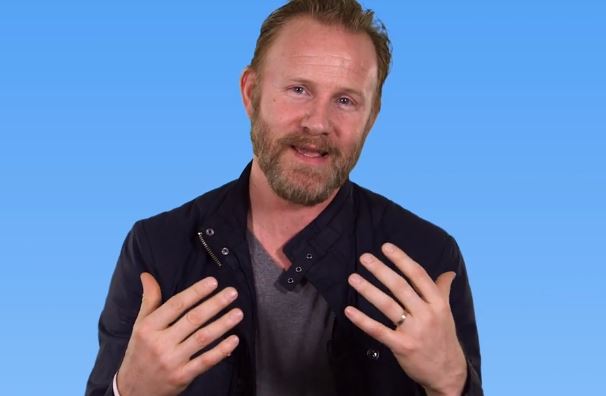The 2004 schlock-umentary Super Size Me, starring Morgan Spurlock, launched fast-food and nutrition to the front of the public’s mind. In the flick, Spurlock films himself—supposedly—eating nothing but McDonald’s food for 30 days and documenting the—supposed—negative health consequences that immediately followed.
Some nutritionists were skeptical. After all, many people have lost weight eating nothing but McDonald’s (by watching their calorie intake). And now, new evidence indicates Spurlock may have lied during the film.
In the Wall Street Journal, Phelim McAleer notes that recent statements by Spurlock, who in December publicly confessed to sexual harassment, indicate that he was not honest during the film about his alcohol use, which could have affected his medical tests:
Before the 30-day experiment, he said, he was in a “good spot” healthwise. By the experiment’s end, he reported experiencing fatigue and shakes (trembling, not Shamrock). Most disturbing, and most widely reported, was that he had suffered liver damage. The New York Times review was headlined “You Want Liver Failure With That?” The doctor examining him during the experiment said the fast food was “pickling his liver” and that it looked like an “alcoholic’s after a binge.”
Fast-forward to December 2017, when Mr. Spurlock issued a #MeToo mea culpa titled “I Am Part of the Problem,” detailing a lifetime of sexual misdeeds. As a result, YouTube dropped its plans to screen his “Super Size Me” sequel, and other broadcasters cut ties. But overlooked in all this was a stunning admission that calls into question the veracity of the original “Super Size Me.”
After blaming his parents for his bad acts, Mr. Spurlock asked: “Is it because I’ve consistently been drinking since the age of 13? I haven’t been sober for more than a week in 30 years.”
Could this be why his liver looked like that of an alcoholic? Were those shakes symptoms of alcohol withdrawal? Mr. Spurlock’s 2017 confession contradicts what he said in his 2004 documentary. “Any alcohol use?” the doctor asks at the outset. “Now? None,” he replies. In explaining his experiment, he says: “I can only eat things that are for sale over the counter at McDonald’s—water included.”
We certainly wish Spurlock well in dealing with his alcohol issues. But while he’s giving public confessions, he should offer a public explanation about this super-sized hole in his story.





